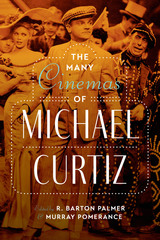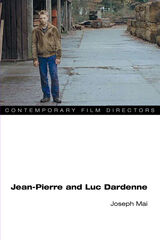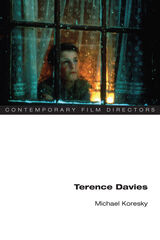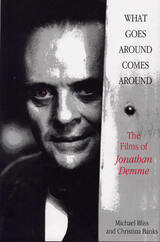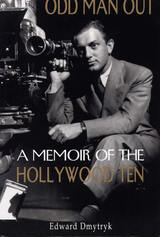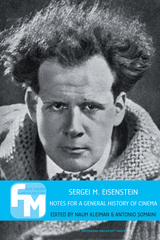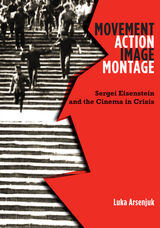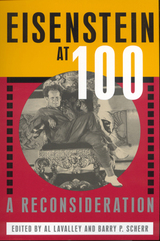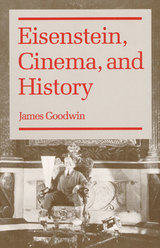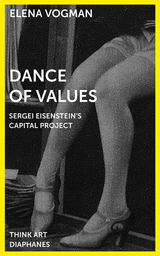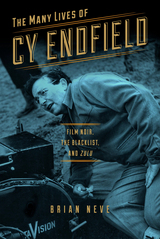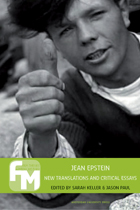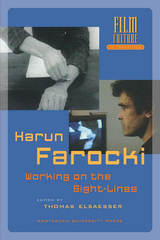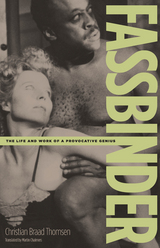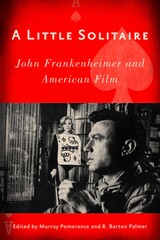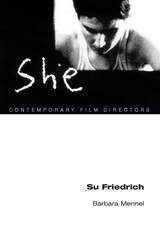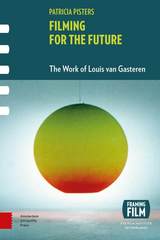Eisenstein, Cinema, and History
University of Illinois Press, 1993
Cloth: 978-0-252-01964-7 | Paper: 978-0-252-06269-8
Library of Congress Classification PN1998.3.E34G66 1993
Dewey Decimal Classification 791.430233092
Cloth: 978-0-252-01964-7 | Paper: 978-0-252-06269-8
Library of Congress Classification PN1998.3.E34G66 1993
Dewey Decimal Classification 791.430233092
ABOUT THIS BOOK
ABOUT THIS BOOK
Among early directors, Sergei Eisentein
stands alone as the maker of a fully historical cinema. James Goodwin treats
issues of revolutionary history and historical representation as central to
an understanding of Eisentein's work, which explores two movements within Soviet
history and consciousness: the Bolshevik Revolution and the Stalinist state.
Goodwin articulates intersections
between Eisentein's ideas and aspects of the thought of Walter Benjamin, Georg
Lukács, Ernst Bloch, and Bertolt Brecht. He also shows how the formal
properties and filmic techniques of each work reveal perspectives on history
. Individual chapters focus on Strike, Battleship Potemkin, October, Old
and New, projects of the 1930s, Alexander Nevsky, and Ivan the
Terrible.
stands alone as the maker of a fully historical cinema. James Goodwin treats
issues of revolutionary history and historical representation as central to
an understanding of Eisentein's work, which explores two movements within Soviet
history and consciousness: the Bolshevik Revolution and the Stalinist state.
Goodwin articulates intersections
between Eisentein's ideas and aspects of the thought of Walter Benjamin, Georg
Lukács, Ernst Bloch, and Bertolt Brecht. He also shows how the formal
properties and filmic techniques of each work reveal perspectives on history
. Individual chapters focus on Strike, Battleship Potemkin, October, Old
and New, projects of the 1930s, Alexander Nevsky, and Ivan the
Terrible.
See other books on: 1898-1948 | Cinema | Communism | Eisenstein, Sergei | Historical films
See other titles from University of Illinois Press

